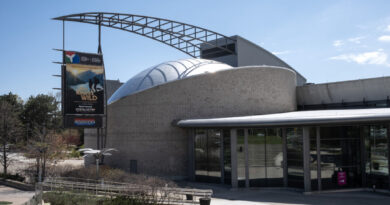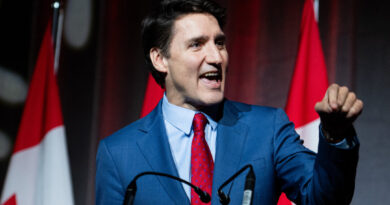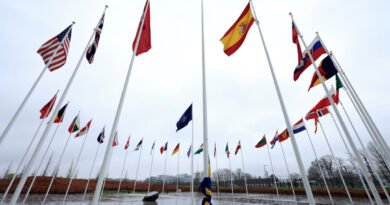Budget Offers Significant Relief, Says Treasurer
Australians can expect “substantial” cost-of-living relief in the federal budget but the treasurer insists it won’t add to inflation woes.
Jim Chalmers says his third budget, to be handed down on Tuesday, aims to strike the right balance between reducing pressure on rising prices while easing the impact of inflation.
While the relief of $107 billion (US$70 billion) in changes to stage three tax cuts has already been put in place, to come into effect from July, Mr. Chalmers said other measures would complement the tax plan.
“The cost-of-living relief in this budget won’t be identical to what we’ve seen in the past, but it will be substantial, and it will be in addition to that tax cut for every taxpayer,” he told Sky News on Sunday.
“We’ve shown a willingness to take the pressure off people where we can to ease these cost-of-living pressures where they’re most acute.”
While inflation has eased since the previous budget, the Reserve Bank expects it won’t fall back into the target band of between two and three per cent until mid-2026, based off its latest forecast.
Inflation in the year to the end of March stood at 3.6 percent.
“We do expect the budget to put downward pressure on inflation rather than upward pressure, in every budget we update all the forecasts,” Mr. Chalmers told ABC TV.
“These are uncertain times to make forecasts about the economy but people should expected to see one of the consequences of our budget is low inflation rather than higher.”
Shadow treasurer Angus Taylor said dealing with domestic inflation needed to be the starting point of the budget.
“If we have another flop in this budget, Australians are going to pay a very, very high price,” he told ABC’s Insiders program.
“[The government] should be restrained in spending, they should make sure that the economy grows faster than spending, and that’s the exact opposite of what we’ve seen in the last two years.
“They think the best way to get the economy going over the medium term is to get the government to invest, we think it’s to get the private sector to invest.”
The treasurer said cuts to the petrol excise were not being considered despite rising fuel prices.
“We found a better way to provide that cost of living relief rather than chase the petrol price, which has been very volatile and which might become more volatile, given events and tensions in the Middle East,” he said.
“It’s hard to work out what the appropriate level of relief would be in a world where the petrol price might shift 30 or 20 cents over the course of a few weeks.”
The budget will also include an $8.5 billion investment in health, with $3 billion going to strengthen the Medicare system.
An extra $227 million will be spent on 29 extra urgent care clinics across the country, with more funding for clinics in regional and remote parts of Australia.
“These urgent care clinics have been spectacularly successful, particularly for families looking for health care for kids outside of hours,” Mr. Chalmers told Sky News.
“The ones that we’ve already built, we want to build on that, because out of pocket health costs are a big part of that cost-of-living challenge, and we want to ease those pressures where we can.”
Opposition finance spokeswoman Jane Hume said the budget needed to deliver cost-of-living relief.
“Australians are paying the price and we cannot afford to have the wrong budget brought down again,” she told Sky News.
“Unless Jim Chalmers on Tuesday night presents a budget that restores the fiscal guard rails that we’ve seen in previous coalition and Labor budgets … then this government will have failed in its duty.”





